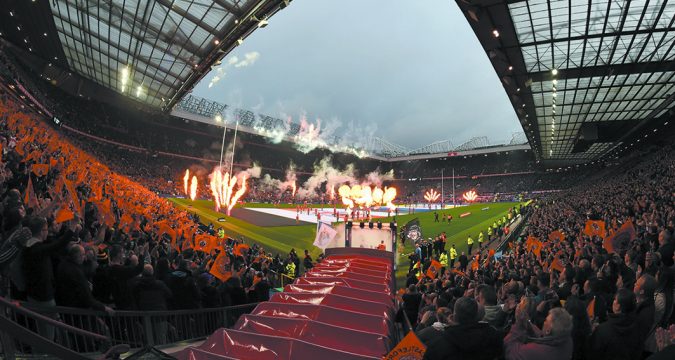 Social media in the here and now of 2018 is both a blessing and a curse.
At times, it's wonderful. At others, it's a nuisance, a hindrance to modern-day life and, in rare occasions, very dangerous indeed.
For the matter of clarity, this week's column is not about Albert Kelly and his misdemeanours in McDonalds last weekend. His actions were i
Social media in the here and now of 2018 is both a blessing and a curse.
At times, it's wonderful. At others, it's a nuisance, a hindrance to modern-day life and, in rare occasions, very dangerous indeed.
For the matter of clarity, this week's column is not about Albert Kelly and his misdemeanours in McDonalds last weekend. His actions were i COLUMN: As speculation spreads, what of the players who are wrongly accused?
 Social media in the here and now of 2018 is both a blessing and a curse.
At times, it's wonderful. At others, it's a nuisance, a hindrance to modern-day life and, in rare occasions, very dangerous indeed.
For the matter of clarity, this week's column is not about Albert Kelly and his misdemeanours in McDonalds last weekend. His actions were i
Social media in the here and now of 2018 is both a blessing and a curse.
At times, it's wonderful. At others, it's a nuisance, a hindrance to modern-day life and, in rare occasions, very dangerous indeed.
For the matter of clarity, this week's column is not about Albert Kelly and his misdemeanours in McDonalds last weekend. His actions were i 